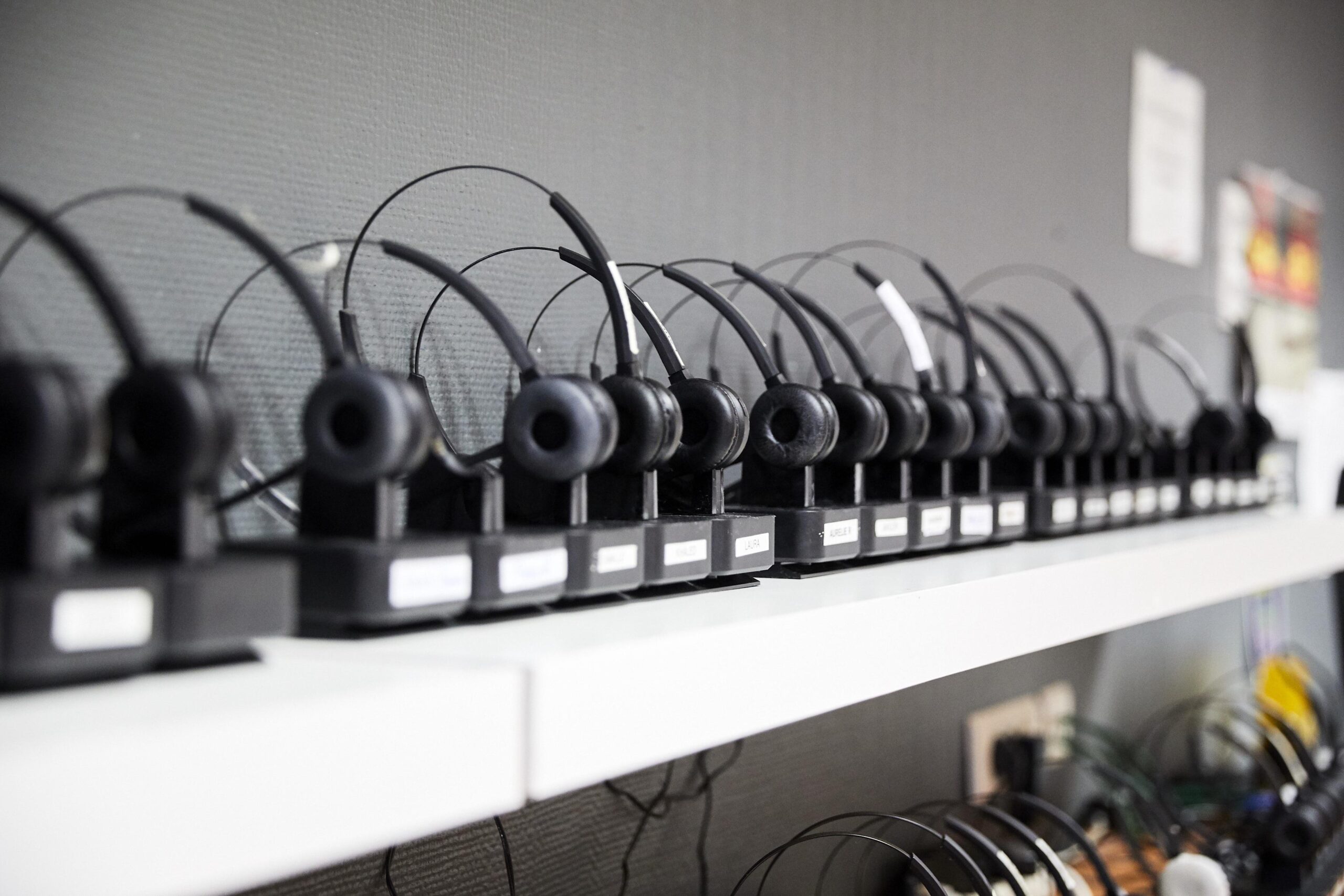A new ranking that measures the progress of European Union member states in delivering digital economy and society goals has placed the United Kingdom in the second division.
The 2016 Digital Economy and Society Index (DESI) looks at more than 30 indicators – including connectivity, digital skills, the use of online commercial services, online public services, and the integration of technology – to create an overall score for each nation.
According to the UK’s ranking for 2016, the country is “lagging ahead”, meaning that while we score above the EU average, the score grew more slowly than that of the EU as a whole over the past 12 months. Other second-tier countries include Belgium, Denmark, Finland, Lithuania, the Republic of Ireland, and Sweden.
Categorised as “running ahead” are Austria, Estonia, Germany, Malta, the Netherlands, and Portugal, all of whom score above the EU average and whose score grew faster than that of the EU over the last year.
In spite of the pace of its improvement, Denmark was the index’s best performer; the UK ranked sixth out of the 28 European member states; and Romania was last-placed.
The DESI report said the quality of digital public services improved across Europe over the last 12 months, with an increase in the number of public services available online and also in the reuse of already-known user data as a way of facilitating the delivery of online services.
Related content
UK public sector improves digital performance
EU data protection – What does the new regulation mean for public sector suppliers?
However the report also flagged a “stagnation” in the proportion of internet users interacting with public bodies.
“In 2015, only 32% of internet users returned filled forms online to the public administration, [in other words, they] have used online public services for more than just obtaining information,” it said.
In terms of connectivity, the report said high-speed broadband services, categorised as being at least 30Mbps, were available to 71% of European homes, but it noted that only a fraction of those homes made use of such services. While 72% of European homes subscribed to fixed broadband, just 30% of those connections were high speed.
Globally, the report said European countries led the way in the adoption of digital technologies by businesses, compared to Japan and South Korea, which were either below or around the EU average.
It said Denmark, Finland and Norway were world leaders with regard to digital public services.
South Korea was named as world leader in connectivity, followed by Japan, Denmark, Switzerland and the UK.
In terms of human capital, South Korea leads the way, before Sweden and Finland.



